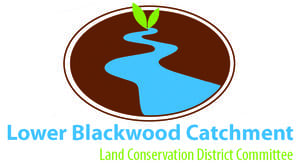What’s in the program?
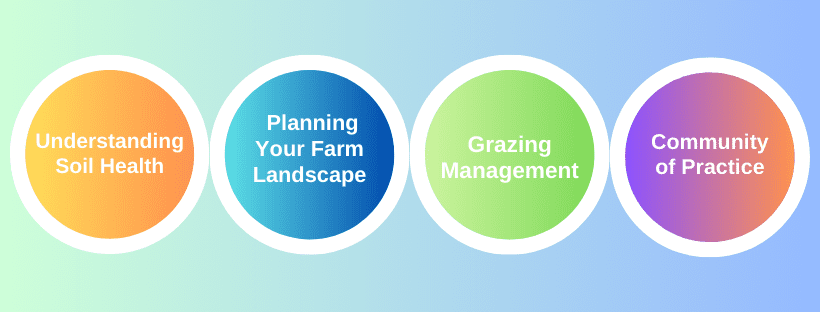
This stream is designed to give you an essential introduction to the fundamentals that underpin regenerative agriculture. This includes soil health & grazing management principles and practices, and an exploration of how rural landscapes work, culminating in you developing your own well thought out Regenerative Farm Plan.
Skip to Eligibility Requirements & Application
Soil Health: Reboot Your Soil & Diversity Pastures Courses
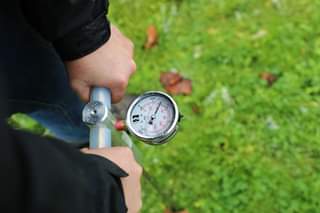
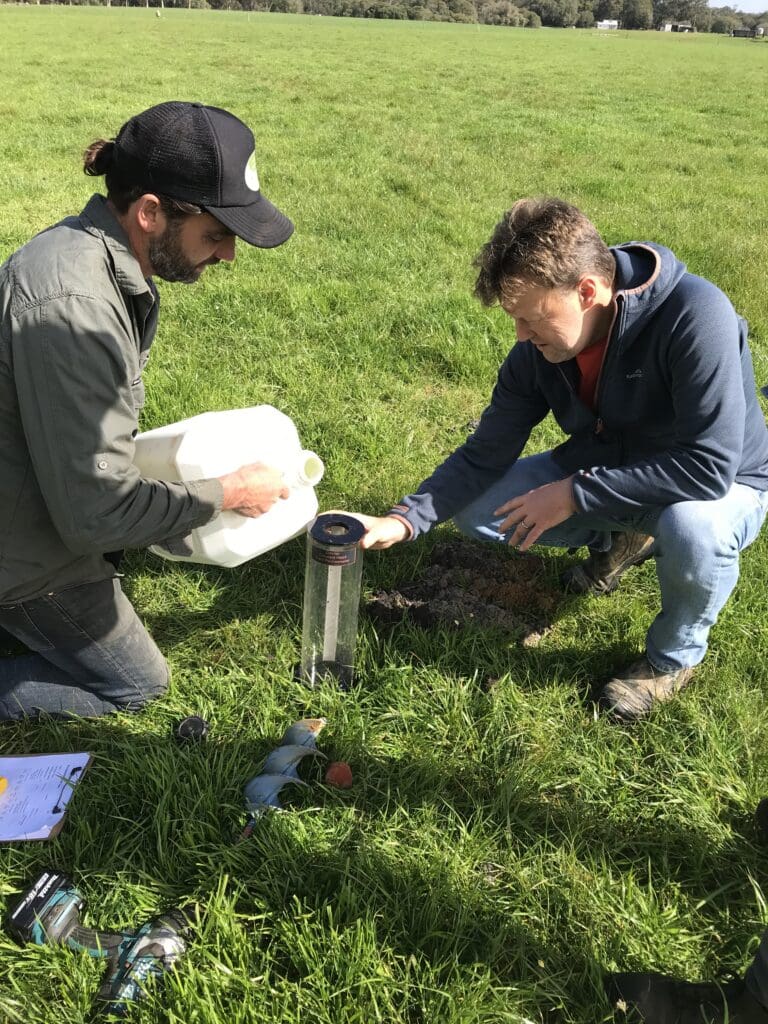
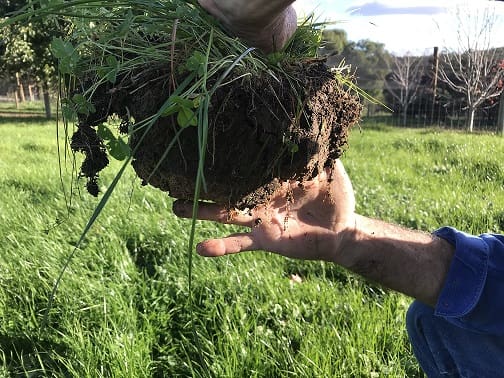
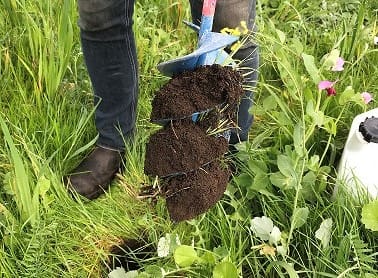
Reboot Your Soil
This online 6 part course presented by David Hardwick and the team from Soil Land Food, will give you a clear, holistic process to follow to develop an effective soil management plan. The course is designed to suit all farming enterprises to help farmers improve their soil management. Participants will learn how to identify soil constraints and key nutrient issues that may be holding back their enterprise.
The course consists of 6 Zoom Webinars, run once a week over 6 weeks. Each session goes for 90 minutes. Recorded sessions will be accessible for catching up via Talkin’ After Hours in the RAPP private group. You will also be provided with a Soil Action Plan Worksheet to help develop a plan for your soils as you go through the webinars.
Course Content:
- Webinar 1 – What is a soil system? – Air, Water, Minerals, Soil Life and Plants. How soils work! The 3 areas of soil management: Soil Type, Soil Health and Soil Fertility. The 3 core soil skills. The 4 essential steps to successful soil management. 10 Principles of Regenerative Soil Management. Using the Soil Action Plan Worksheet. Step 1 – Identifying your soil types. Step 2 – matching your enterprise to your soil types.
- Webinar 2 – Introduction to Soil Tests: what and why. Using soil tests: the Golden Rules to getting the most from them. Pulling apart soil tests: the 5 parts to any test. Different tests and labs: Conventional and alternative approaches. Looking at a soil test – Organic Matter/Carbon.
- Webinar 3 – Managing Soil Health: the 3 steps to success. The Soil Health Checklist. The Carbon to Nitrogen Ratio, soil salinity and soil pH. Options for improving soil constraints.
- Webinar 4 – The Soil Health Checklist. Using soil tests to manage soil health –
Cation Balances: Acid and Non Acid cations, Sodium, Calcium/Magnesium Ratio. Soil pH and soil salinity. Benchmarking and identifying potential issues. Options for improving soil health. - Webinar 5 – Soils and nutrients: the basics. The 5 steps to regenerative nutrient management. Using soil tests to manage soil fertility – Phosphorous and Sulphur. Benchmarking and identifying potential fertility issues. Options for improving soil fertility. Steps to soil success. Pulling your soil action plan together.
- Webinar 6 – The Q & A webinar will offer a chance to ask further questions.
Diversity Pastures
In this online course we will explore the benefits of increasing plant diversity on your property using multispecies cropping and pastures tactics. Learn how to increase the plant diversity on your place successfully. Explore how multi-species cover crops or pastures along with intercropping can improve soil health and farm resilience. During this course you will develop a Diversity Pastures Action Plan for your place.
The course consists of 6 Zoom Webinars, run once a week over 6 weeks. Each session goes for 90 minutes. Recorded sessions will be accessible for catching up via Talkin’ After Hours in the RAPP private group.
Topics covered include:
- Plant diversity: why it is important and the benefits
- How plant diversity helps your soil and grazing business
- Multi-species: the different diversity tactics for pastures and cropping
- Species and Varieties: the options available in south-west WA
- Identifying windows of opportunity in South-West WA
- Steps to diversity success
- Setting Goals: identify your issues and set some paddock goals
- Plan your strategy
- Choose your seed mix
- Prepare your soil and paddock
- Sowing: timing, equipment, depth etc.
- Managing your crop/pasture
- Stgaes of change towards your long term paddock goal
- Grazing as a tool to improve diversity
Farm Planning: Plan Your Farm Landscape Course
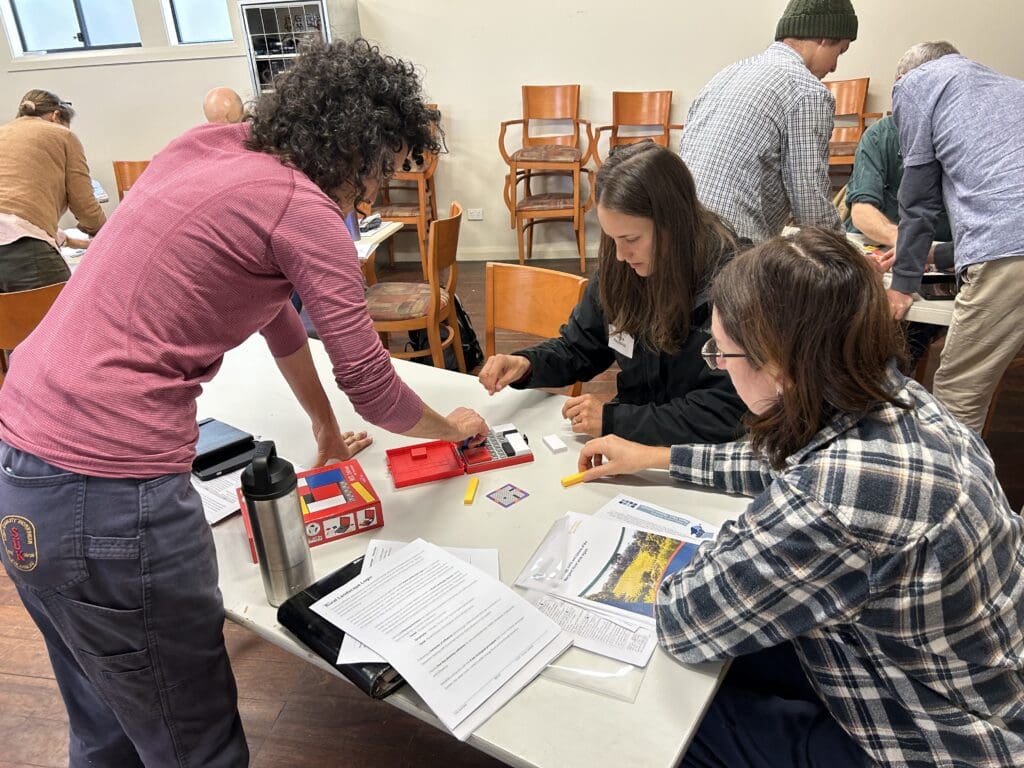
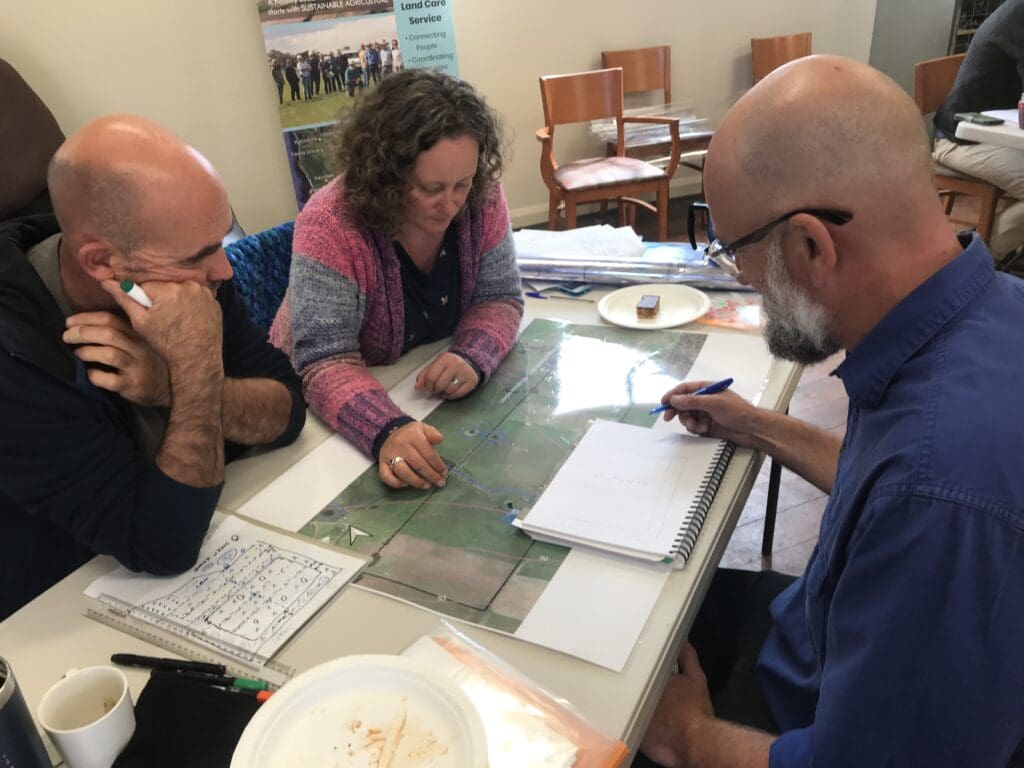
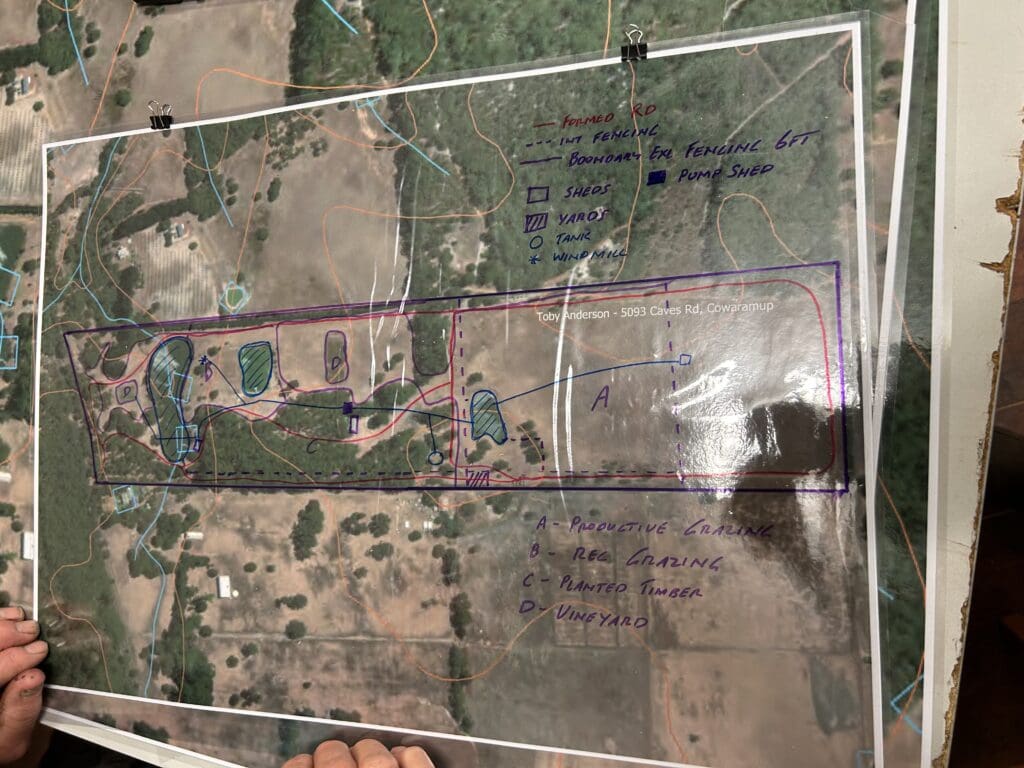
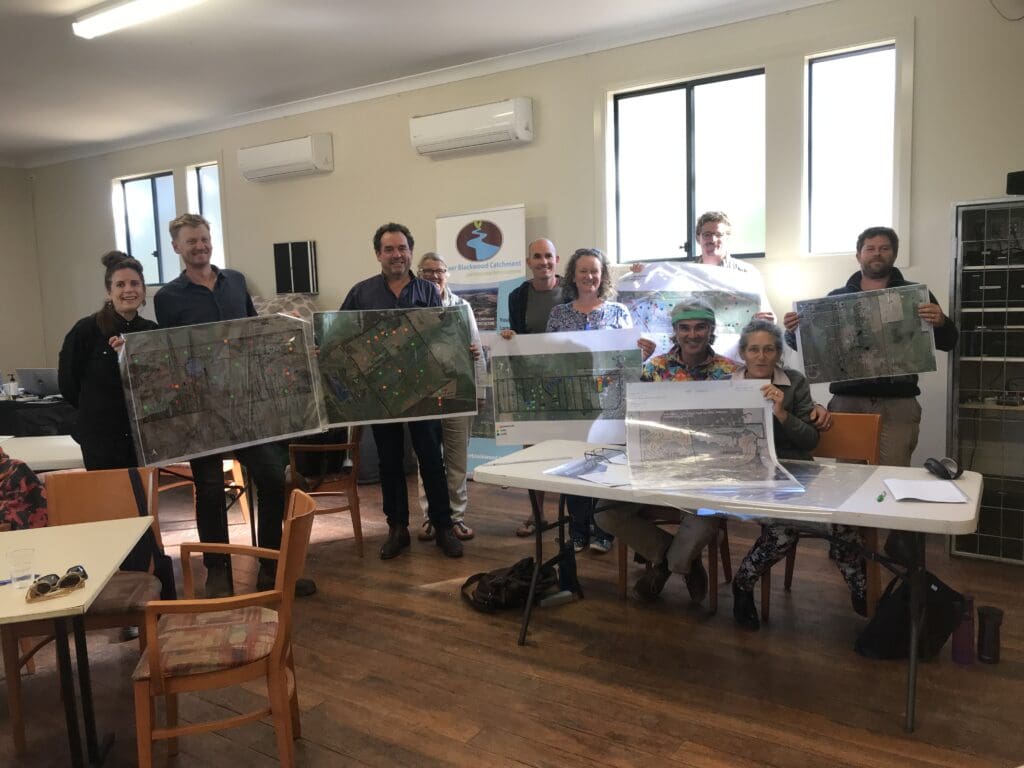
Presented by David Hardwick from Soil Land Food, this innovative 4 day course will show you how to design and plan a healthy, resilient and productive rural landscape for their farm business.
At the end of this course you will have the confidence to identify issues, make decisions and take action to start improving landscape health and enterprise productivity on your property. It all starts with good planning! You will develop a well thought out & whole of farm plan for your place. The course is hands on, group based and combines theory with lots of practical activities.
You will learn:
- how to “see” your landscape using landscape thinking
- about Landscape Patches: the pieces of your farm’s landscape jigsaw
- the water and nutrient cycles in rural landscapes
- how energy flows and biodiversity functions in rural landscapes
- climate, landforms & soil types on your property
- about the landscape and agricultural elements of rural planning
- the different approaches to property planning
- the 10 steps to effective property planning
You will also:
- use maps for property planning
- set goals for your farm’s rural landscape & enterprises
- assess your farm’s rural landscape
- identify & prioritise issues
- brainstorm strategies for improvement
- develop a Farm Plan for a sustainable future
Grazing Management: Reboot Your Grazing
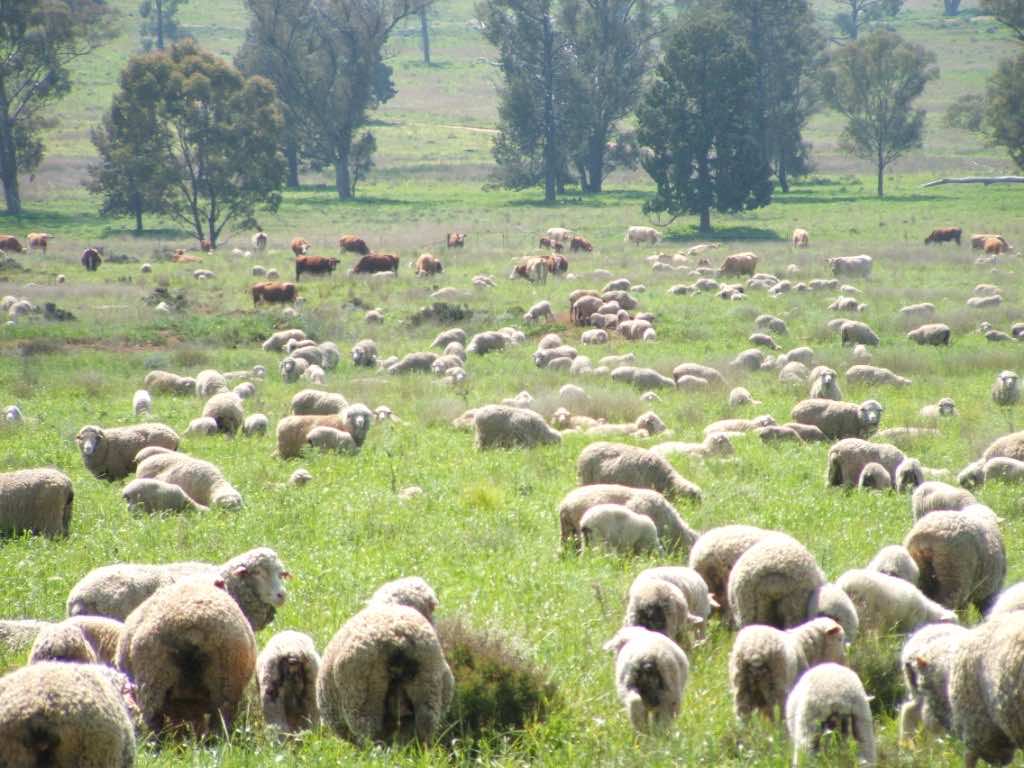
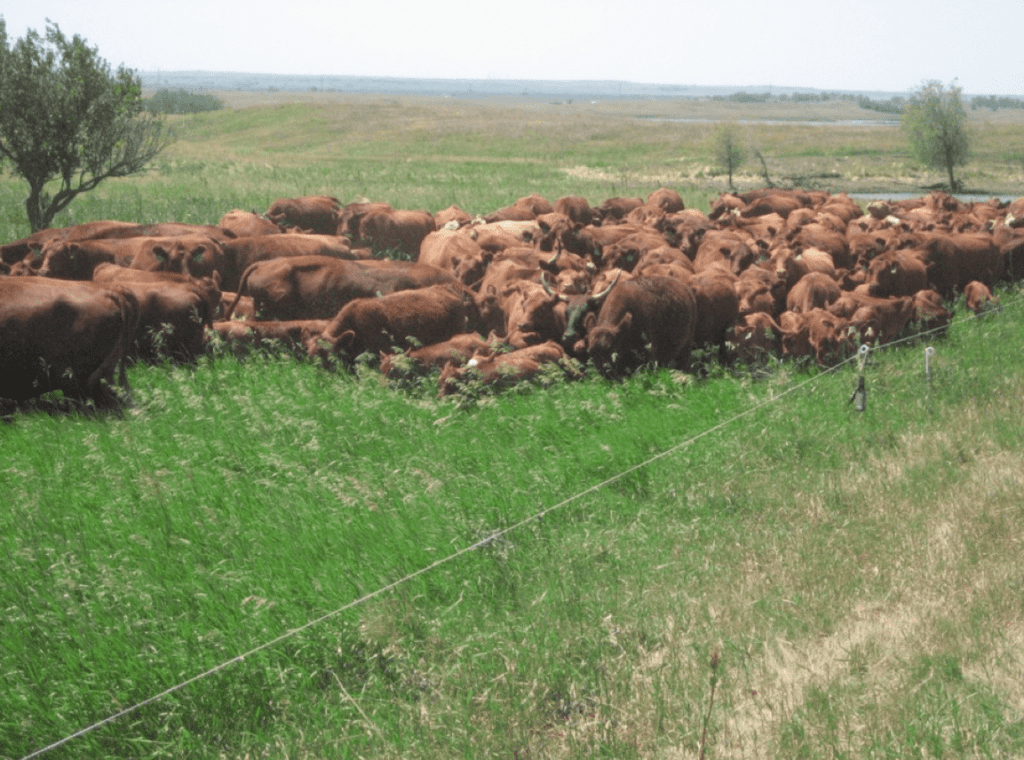
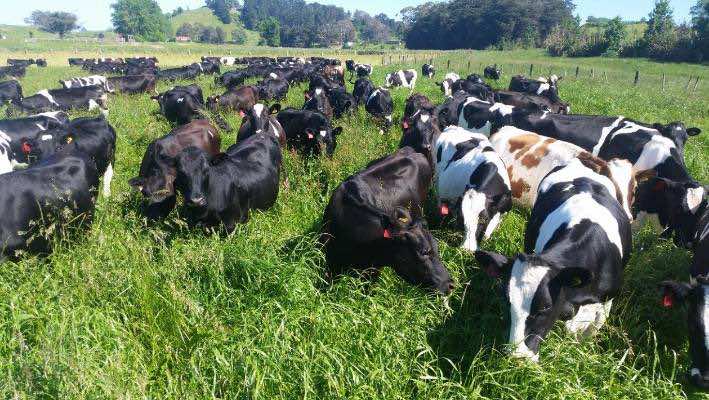
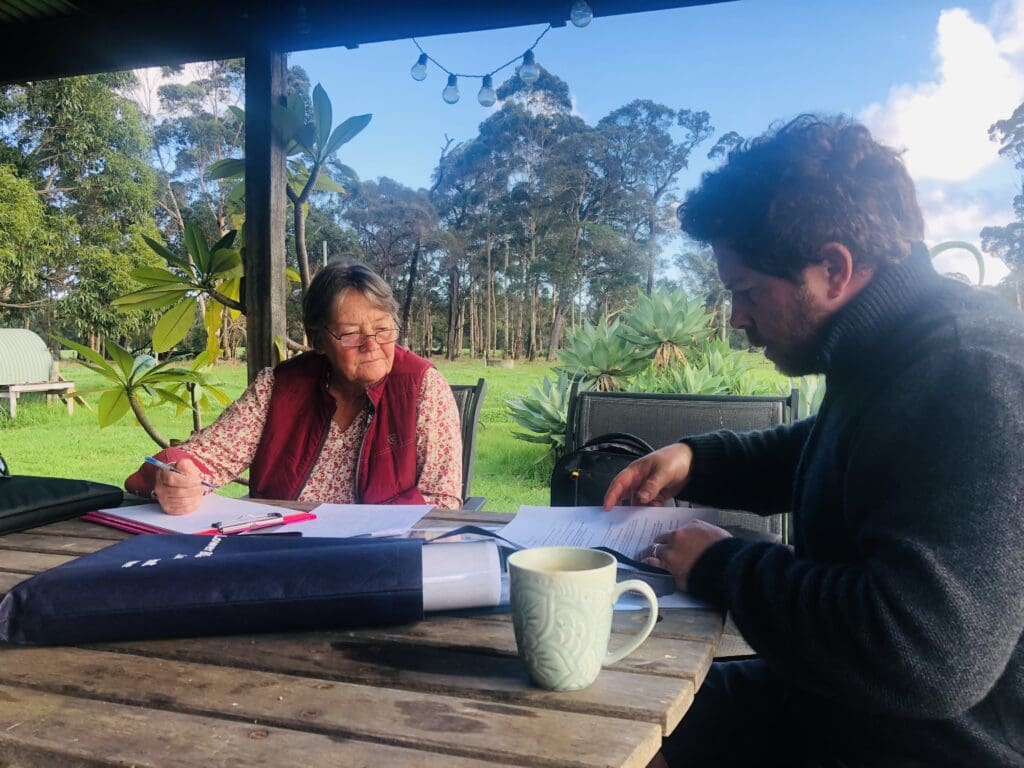
Grazing livestock are the most powerful tool we have available to regenerate land. The way grazing animals are moved across the landscape influences soil health, pasture species diversity, plant growth and production. Different species graze differently and livestock have different nutritional requirements throughout the year. Planned grazing is an approach that allows you to build soil health optimise pasture health and production while accounting for these changing needs of livestock.
In this 6 part online course, presenter and Holistic Grazing expert Dr Judi Earl, in collaboration with agroecologist David Harwick, will describe the range of approaches to grazing management and the impact of the different strategies on pasture dynamics, growth and production.
Topics covered include:
- The range of grazing management strategies explained
- Managing animals in tune with seasonal growth cycles
- The effect of the number of paddocks on rest and recovery of plants
- Matching stocking rate to carrying capacity – feed budgeting
- Methods to measure available feed and pasture growth
- The importance of residual herbage mass and pasture utilisation, and
- Deepen your understanding of how plants, animals, landscapes and people can all work together for resilience and productivity.
PLUS tailored support to develop a Grazing Plan for your place
Community of Practice: Talkin’ After Hours
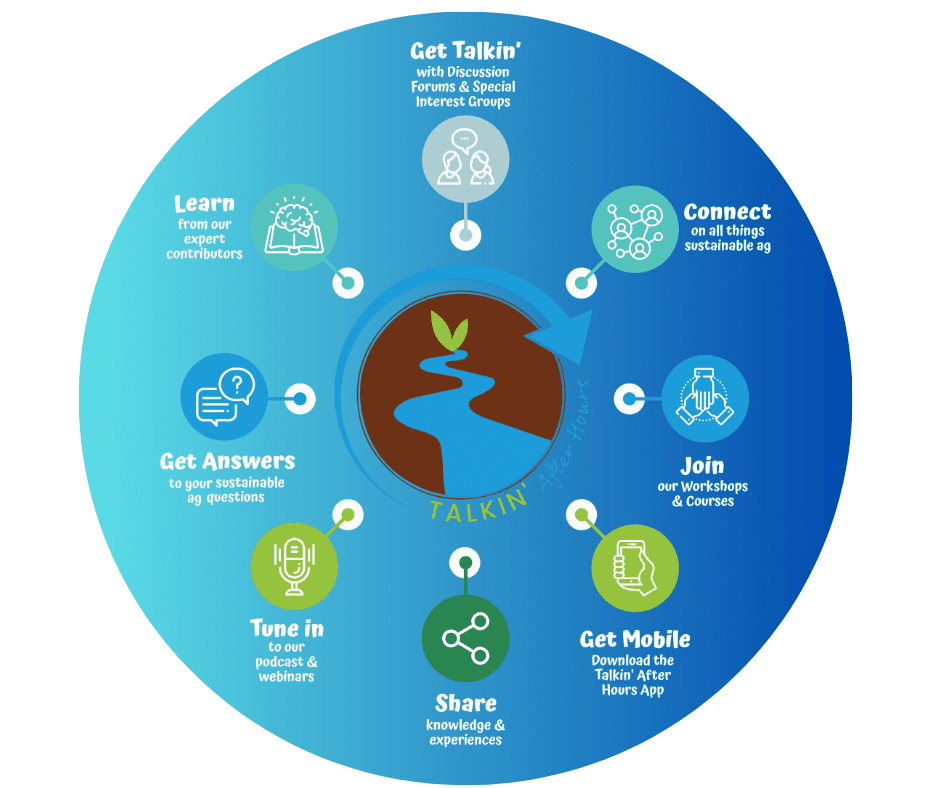
Talkin’ After Hours is the Lower Blackwood LCDC’s online community & information hub – created to give our farming community the opportunity to have conversations, and to share knowledge, skills & practices in a no stress, no judgement, easy access space – any time & anywhere.
As a project participant you will receive automatic membership to the full community and within it membership of a closed RAPP discussion group.
Within the community you will have access to all the LCDC’s exclusive content, webinars & podcasts, plus be able to join the variety of special interest groups, forums & discussions to help you build your knowledge, skills, & networks with other land managers working to improve the resilience of their land and enterprises to climate extremes.
Additional content that will be added to Talkin’ After Hours for RAPP 2024 will include recorded materials, presention notes & guides from the following RAPP 2024 workshops, webinars & podcasts.
RAPP 2024 Live Workshops -open to all program participants and the wider community. These workshops are optional and some will be an additional cost to attend.
- Optimising Plant Nutrition with Mark Tupman
- Managing Pastures with Foliar Nutrition with Joel Williams
- Make Your Own Johnson Su Bioreactor & Compost with Mark Tupman
- Make Your Own Biological Inputs with Mark Tupman
RAPP 2024 Webinars & Podcasts – open to all program participants and the wider community.
- Efficient & Effective Foliar Nutrition with Mark Tupman
- Plant Diversity & Livestock Health with Professor Fred Provenza
RAPP 2024 Additional Online Courses – open to all program participants and the wider community. This course is optional and will be an additional cost to attend.
- Diversity Pastures Online Course with David Hardwick
Stream 1 Timeline
Eligibility Requirements
RAPP 2024 Stream 1 is open to 10 grazing enterprises (2 participants/enterprise) within the Shire of Augusta Margaret River who want to take their first steps into regenerative agriculture and gain a good understanding of the fundamental principles that underpin it. To be accepted into the program you must confirm that:
- Your farm enterprise is within the Augusta Margaret River Shire boundaries.
- You are grazing or intending to graze livestock on your enterprise.
- You, or at least 1 member of your enterprise, agree to actively participate in all Stream 1 program components.
- Agree to become a member of the LCDC’s Talkin’ After Hours Online Community
- Agree to be included as a potential case study (a one-page profile on who you are and why you chose to be part of the program, a summary of your production system & current landscape function, your, aims, challenges & desired outcomes). The case study will be housed on the LCDC website & in program publications.
- Pay the subsidised program participation fee: $600 + GST (actual value of stream participation is $4000 + GST). The participation fee entitles your Farm Enterprise to:
- two places in the program welcome introduction session & final showcase session
- two places in the Plan Your Farm Landscape Course,
- one enterprise login to Reboot Your Soil, Diversity Pastures & Reboot Your Grazing Online Courses,
- membership to Talkin’ After Hours, and
- priority registration for all additional RAPP ticketed workshops.
Applications Close Sunday February 4th 2024
